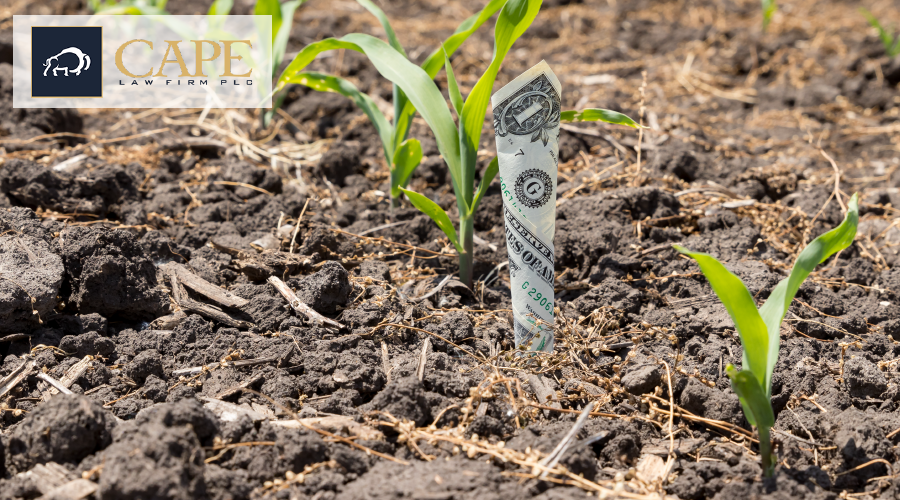House Releases Proposed Farm Bill
Last week the House Agriculture Committee released the text of its draft Farm Bill, that massive piece of federal omnibus spending legislation that comes around roughly every five years to re-set policy and allocate large sums of tax dollars to a wide array of programs and institutions. Although the Farm Bill addresses federal agricultural policy and spending for the major farm commodities, it also addresses a host of other issues, such as food assistance, foreign trade, energy, forestry, farm credit, and rural development, among others. Thus, it represents one of the rare opportunities for stakeholders across almost every sector of the economy to lobby Congress for a share of federal tax dollars. Most estimates of the proposed 2024 Farm Bill put the cost at around $1.5 trillion. The newswire is full of critiques and criticisms of the new draft and some Congressional members have already indicated that passage of the bill looks dim. You can read the 942-page bill here.
Bayer’s Immunity Quest Sneaks Into the Farm Bill
Buried deep within the text of the newly proposed Farm Bill are a couple of paragraphs that will grant total immunity to pesticide manufacturers for product labels. Effectively, manufacturers will receive full federal immunity from proposed amendments to the Federal Insecticide Fungicide and Rodenticide Act (FIFRA) tucked away under Title X of the bill called “Horticulture, Marketing, and Regulatory Reform.” At page 790 of the draft Farm Bill is the basic text of Rep. Dusty Johnson’s (R-SD) so-called “Agricultural Labeling Uniformity Act” which he introduced in the House last year. As we’ve pointed out previously, this legislation will make pesticide product labels infallible. A manufacturer will receive immunity even when the manufacturer fails to comply with FIFRA’s requirements. What a nightmare.
One need look no further than the dicamba labels that EPA has approved but which manufacturers have changed every year to understand that simply because a pesticide gets registered doesn’t mean it is safe or adequately labeled. The Ag community would be far better served by allowing them to keep their ability to obtain a remedy for a poorly labeled or bad products (like the Texas peanut growers in the seminal case of Bates v. Dow Agrosciences LLC). This sort of legislation has no place in a bill that is otherwise beneficial for farmers and ranchers, and it certainly does them no favors.
You can read our previous criticisms of the proposed law here and here.





